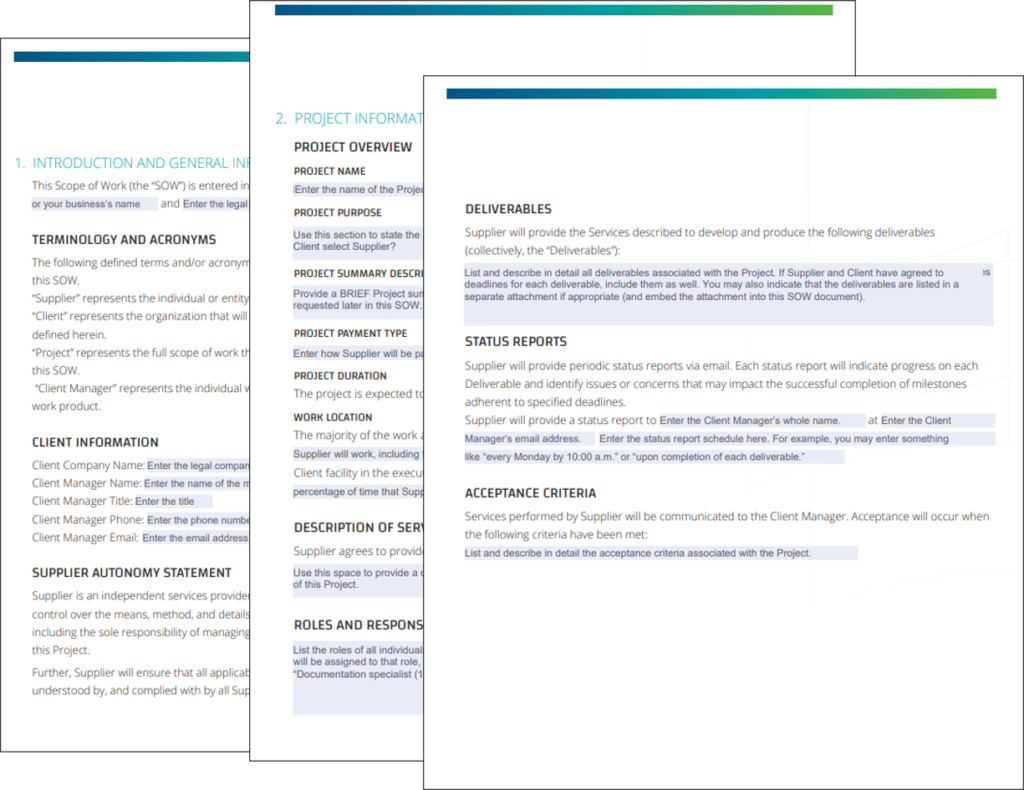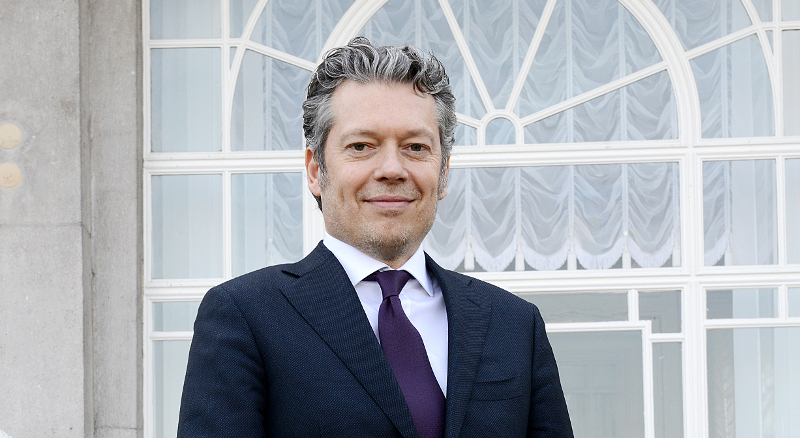
Work-life balance
In a consulting career, a number of factors influence the level of work-life balance. First, the business is long-term and can be geographically dispersed. Working from home can make it difficult to take time for personal reasons. A lot of people are required to be on-call all the time, which can make it difficult or impossible to maintain a balanced work-life. Fortunately, there are some things you can do to minimize the time you spend working, and still enjoy life.
It is important to remember that you need to have a private life. Even though consulting can be a very lucrative career, it can also be exhausting. It can lead to serious burnout if it isn't managed well. According to a University of Phoenix study, over half of US workers experience significant job burnout. This is often the result of excessive hours and can lead to a range of negative emotions, such as fatigue, depression, and anxiety.
Challenges
Although it can be an exciting career path with great potential, consulting is not for everyone. Success takes effort and a lot time. Before embarking on this path, make sure you understand the risks and commitments involved. You will need to persevere and overcome many obstacles once you decide to become a consultant.

Increasing automation of processes is posing challenges to the consulting industry. Automation can now do tasks that used to require a team of junior analysts. Celonis Software, a German software house, has developed a system for automatically identifying inefficiencies in manufacturing supply chains.
Perks
Working as a consultant offers a variety of perks. It's a great way to make connections, gain expertise in your field, and meet many people in the corporate sector. You might also consider other roles within the company such as project manager. One role may be the perfect match for you and your skills.
Consulting also offers the flexibility to set your own hours. Although you will still be spending a lot time at the office, consulting allows you to make your own schedule and spend time with friends or family. You can also travel, which can help with a healthy work-life balance.
Career paths
The consulting industry is diverse, as are the career paths available. Some consulting professionals work with only one client, while others serve several clients at once. The education and experience of a consultant professional will determine the path they choose. Most candidates for entry-level jobs are undergrads, while more experienced candidates for higher-ranking positions would be better suited. Analysts and associates often specialize in one project, and must adapt their work to the culture of the company.

People with a business background might consider business school. These programs allow students to use their knowledge in the consulting industry.
FAQ
Do I need to seek legal advice?
Yes! Consultants often create contracts with clients without getting legal advice. However, this can lead to problems down the road. If the client terminates an agreement with the consultant before the completion date, what are the consequences? Or, what happens if the consultant doesn't meet the deadlines set forth in the contract?
Avoid potential legal problems by consulting a lawyer.
Can anyone be a Consultant?
A consultant is someone who helps you achieve your goal by providing advice on how to do something better, faster, cheaper, etc.
Consultants can help you resolve problems, make decisions, and negotiate with other people.
Consultants are often hired for specific projects or tasks.
Actually, most consultants get paid hourly and daily rates, rather than per-project.
How is consulting different to freelancing
Freelancers work as independent contractors and offer their services without the assistance of an agency or company. They typically charge hourly rates based on time spent working on a client's project. Consultants usually work for agencies or companies that employ them. They are often paid monthly or annually.
Freelancers tend to have more flexibility than consultants because they control their work hours and set their own prices. But consultants have more benefits like vacation days, health insurance and retirement plans.
What is the secret to modern consulting?
The first consultants were accountants who helped companies manage their finances. They became known as "accounting consultants." This was because they had become very skilled at managing financial information. This role quickly expanded to include human resource management.
The French word "to advise" is the origin of the term "consultant". It was first used by businessmen to refer to someone who could give advice about how to run an organisation. Today, business owners still use the term consultant to refer to any type of professional advisor.
What does it cost to hire an expert?
There are many factors that go into the cost of hiring a consultant. These include:
-
Project size
-
Time frame
-
Scope of work
-
Fees
-
Deliverables
-
Other considerations include experience level, geographic location, and so forth.
How do you get clients for your consultancy business?
The first step is to find an area you are passionate about. It can be anything you like, including public relations or social media. You may need to start small and find a niche market like web design. Once you have discovered the niche, understand what it does. What problems does the solution solve? What problems can it solve? And most importantly, how can you help them?
You can also approach businesses directly.
If all else fails why not offer your services to free events like conferences and networking evenings? This will allow you to meet potential customers without the need for advertising and also allows you to showcase your skills.
What qualifications are required to become a consultant?
Not only is it important to have an MBA but you should also have business consulting experience. You must have at least two years' experience working in consulting and/or training within a large company.
You will need to have worked closely alongside senior management teams in order to develop strategy projects. You will need to feel comfortable communicating ideas to clients and getting their support.
You'll also need to pass a professional qualification exam such as the Chartered Management Institute's Certified Management Consultant (CMC) certification.
Statistics
- Over 50% of consultants get their first consulting client through a referral from their network. (consultingsuccess.com)
- On average, your program increases the sales team's performance by 33%. (consultingsuccess.com)
- 67% of consultants start their consulting businesses after quitting their jobs, while 33% start while they're still at their jobs. (consultingsuccess.com)
- WHY choose me: Why your ideal client should choose you (ex: 10 years of experience and 6-week program has helped over 20 clients boost their sales by an average of 33% in 6 months). (consultingsuccess.com)
- Over 62% of consultants were dissatisfied with their former jobs before starting their consulting business. (consultingsuccess.com)
External Links
How To
What does a typical day look like for a consultant?
Your work type will determine the length of your day. You'll spend your time researching new ideas and meeting clients.
You'll often have meetings with clients where you can discuss issues and solve problems. These meetings may be over the phone via email, on-line, or face-to–face.
The proposal is a document that outlines your ideas and plans to clients. You will need to discuss these proposals with a mentor or colleague before you present them to clients.
After all the planning and preparation you will have to put your efforts into creating some content. This could include writing articles, designing websites or editing photos.
Depending on the scope of the project, you may need to do some research in order to gather relevant statistics or figures. For instance, you might want to find out how many people you have and if they are buying more than just one product or service.
Once you have gathered enough information, it's time to present your findings to clients. Your findings may be delivered orally, or written.
After your initial consultation, you should follow up with your clients. You might contact them regularly to check on their progress or send them emails to confirm they have received your proposal.
This is a long process that can take some time. However, it is crucial to stay focused and to maintain good relationships.